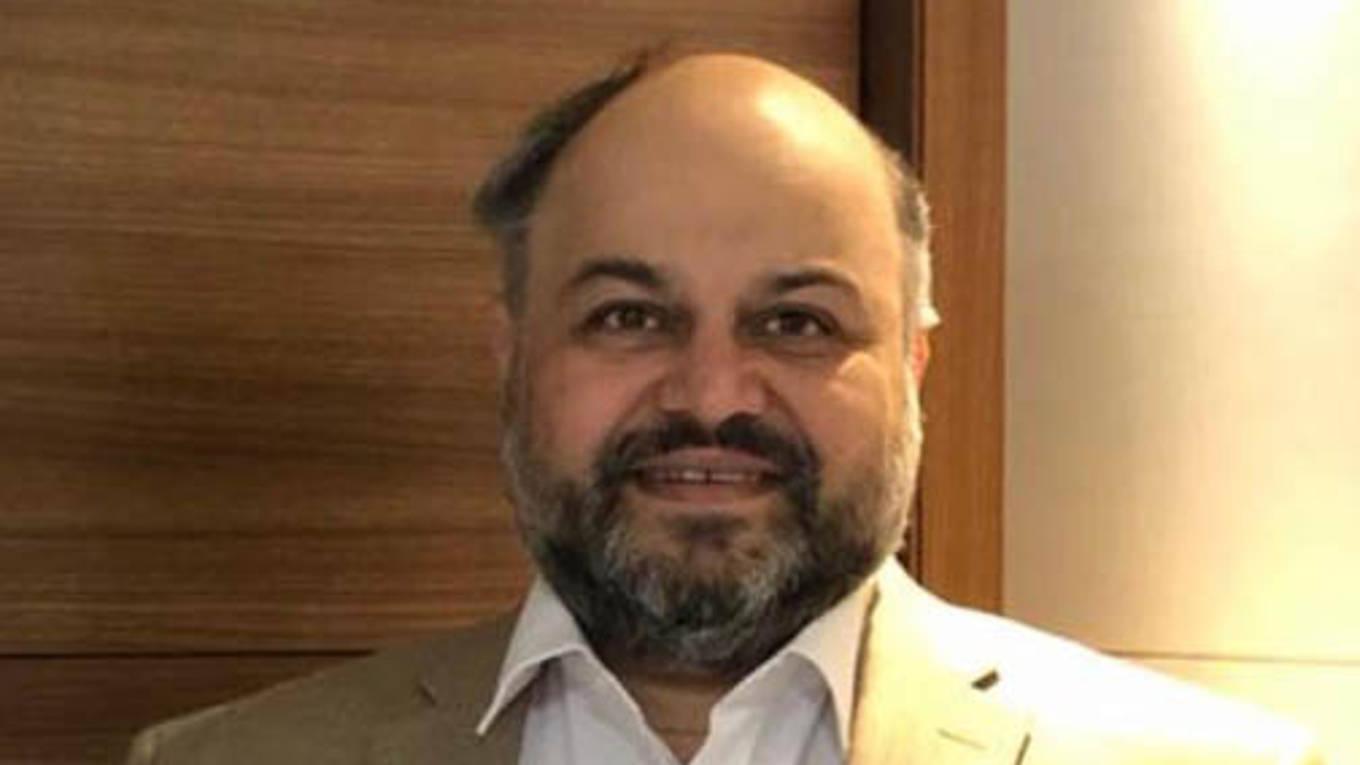Q The Sensex is around the 38000 mark, where do you see it going? Equity investment, whether in shares or mutual funds, gives great returns in long-term with lower taxation. What one needs to comprehend is that unanticipated negative shocks are part and parcel of equity investing. In fact, because of this risk there is a premium on equity investing, that’s why equities earn more than deposits. The most important part is to educate yourself well about it or to consult your financial advisor before investing. When one earns and spends regularly, investing also must happen regularly. I personally feel, SIP is a great tool in Mutual Funds to systematically meet the long term goals.
A The world is looking up to India in many ways. Post pandemic, focus will shift from China to India, FDI money is flowing in a big way, the government is taking steps to boost the economy, the foundation seems set for the next leg. In the next decade, we can very well see Sensex cross the one lakh mark. In the stock market, patience is the key to create wealth. The approach must always be long term. For the first time in a decade, Indian investors are witnessing a full-blown bear market. While the reasons for the stock market crashes vary every time, the basic tenets of surviving these events remain the same. One should be able to safely manoeuvre the finances through these challenging times. It is natural to get cold feet in a full-blown bear market, while deploying money, for new investors. But when the market seems to be on a path of recovery, do not hesitate to get back onto the saddle. It is only when the market recovers fully that investors realise that they missed the bus. At some point you should start making a staggered entry. That is ideal.
Q What is your investment philosophy?
A Rome wasn’t built in a day. Every creation is a process.... and so is wealth creation. Investing is about minimising risk to generate wealth over the long term, not generating short-term profits. So save, save enough and start investing early to meet your financial goals. Asset allocation plays a very important role in framing your portfolio. The thumb rule says, 100 minus your age should be the equity allocation, and remaining should be in debt, with 5-10 per cent in gold.
-

Ganeshprasad Pradhan

































